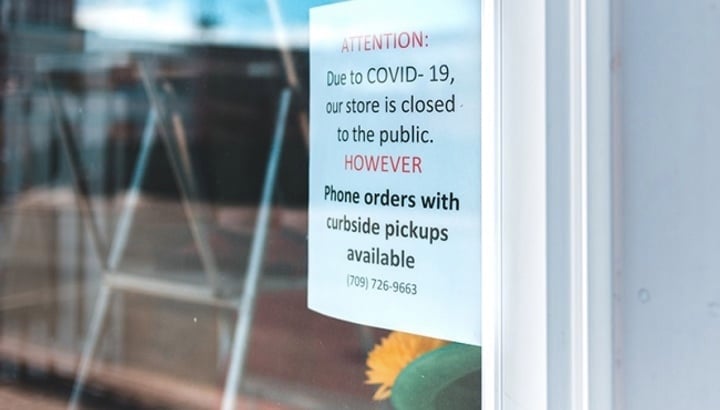In the United States, the crisis we are experiencing has laid bare the failure of the current social contract in many ways: the lack of access to healthcare owing to the tying of health insurance to paid employment; the extreme vulnerability of gig-economy workers to a sudden downturn of business; and for many workers, the absence of paid sick leave, inadequate childcare, and insufficient unemployment insurance.
The social contract was not fit for purpose before the COVID-19 pandemic struck, but these and many other shortcomings have now been revealed in the most human, tragic, and devastating ways.
During this public health and economic emergency, the attention of business and government is understandably on near-term priorities, like maintaining employment, providing sick leave for those who need it, helping with short-term financial needs, and supporting the immediate needs of our healthcare system.
But let’s not kid ourselves. These are not sustainable solutions.
In due course, we will need to turn our attention to modernizing our social contract for the 21st century—a social contract that allows the overall economy to thrive by enabling everyone to participate in, and benefit from, economic activity.
But what does “modernizing the social contract” mean in practice?
- It means recognizing the fundamental changes in work, technology, demographics and family structures that have occurred since our current models were developed.
- It means a radical overhaul of the social safety net, including pensions, unemployment insurance and sick leave.
- It means investment in families, including parental and elder care leave, childcare, and annual leave.
- It means improved conditions for workers, including predictable schedules, portable benefits, living wages, and flexible working arrangements that benefit businesses and workers alike.
- It means creating fair tax policies, addressing inequity, enhancing the status of women in the workplace, and providing opportunities for historically marginalized communities.
And it means investing in our workforce by providing access to education and skills development and enabling people to thrive as automation and the transition to a low-carbon economy take hold.
Crucially, it also means taking these steps in ways that enable business innovation to flourish.
The response of many companies to the crisis has been excellent in the near term. Numerous businesses are rising to the occasion by preserving employment, supporting their workers and communities, and calling for government to reinforce the social safety net when it most badly needed.
But more is needed. At BSR, we want to make sure we build for the future beyond this extraordinary moment, to create and realize a new vision for the shared interests of government, business, employees and people. We want to make sure that we “build back better” by activating today’s intense focus on the failings of our current social contract and turning it into a movement for long-term change.
Critically important to achieving this ambition is the fact that the many private and public sector innovations across different social and economic issues and institutions will provide experiments grounded in reality, not theory, and can be built upon to envision, design, and implement new social and economic structures, policies, and programs.
Last year, BSR launched an effort calling for a modernized social contract for the 21st century, and prior to the COVID-19 pandemic, we had plans to engage our member companies during 2020 to advance this effort. However, now is the time to accelerate and increase our ambition.
For this reason, we’re inviting all our member companies and partners interested in seizing this moment to modernize the social contract to get in touch and co-create a plan of action.
There are several additional steps that businesses can and should take to remake the social contract once the current crisis passes.
- Call for wage levels that enable working families to support themselves and that also create a level playing field so that all businesses can compete fairly.
- Promote portable benefits systems that allow labor market flexibility alongside stability and security for workers.
- Reinforce pension systems that recognize and are prepared for longer life spans, the decline of defined benefit pensions, and more frequent job changes.
- Family leave policies that recognize a more diverse set of family structures and the need for both childcare and elder care.
- Skill development that delivers a thriving economy and access to livelihoods for people who will work longer and need to develop new capabilities as the economy changes.
- Ensure that the new social contract reflects new factors: the transition to a net zero carbon economy, the need to manage data safely, and the diversity imperative.
These steps would undoubtedly benefit from a common vision of modern social contracts and a united business voice conveying that vision. We hope that the six principles for 21st-century social contracts that we highlighted earlier can act as a starting point.
Moreover, the social contract is not going to be (and should not be) modernized by business alone. It requires a common effort that brings together companies, government at all levels, worker representatives, and civil society organizations.
Times of crisis are very often seen in retrospect as the flowering of innovations that lead to human flourishing in ways we could not have imagined. We are living through an epic historical moment. Let us hope that when history looks back on 2020, the story is one of resilience in the moment and creativity for a better future.
Originally appeared on BSR.










